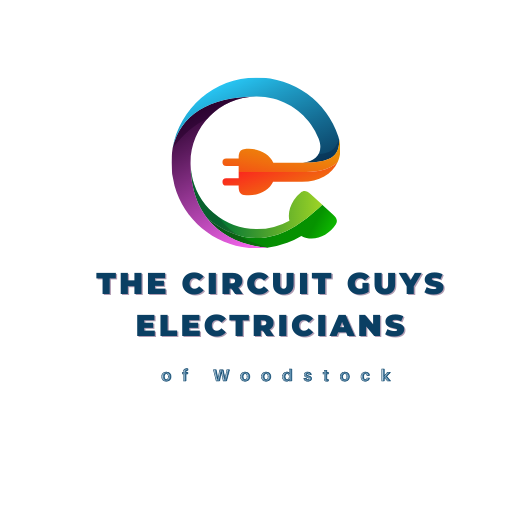An electrical hazard is any situation in which electricity is present but poses a danger to occupants. Electrical hazards can be caused by faulty wiring, damaged electrical equipment, or faulty appliances. These hazards can be dangerous and cause serious injury or death if not addressed quickly. If you notice any of these conditions in your home, you should shut off power to the whole house immediately and call for help. Electrical hazards are dangerous and must be treated with care. If you have an electrical hazard in your home, here is what you should do:
Check for alternative routes
Before you shut off power to your home, you should check for alternative routes. If your home has a backup generator, you can use it as a power source until the problem is resolved. If there is no backup generator, you can use a neighbor’s house or another nearby building as an alternative route. If you have a neighbor who has a backup generator, you can ask them if they can run their power through yours. If you don’t have a neighbor, you can ask a friend or family member if they can run their power through yours. You can also ask your electric utility company if they can redirect power to another building.
Check for alternative power
If you have a backup generator, you can use it to provide power to your home. If you don’t have a backup generator, you can ask your utility company to send a technician to your home to check the electrical system. If you have an electrical hazard, you’ll need to shut off power to the entire house. If you have a tree that is touching the wires, you can prune the tree so that it’s no longer in contact with the wires. If you have an appliance or piece of furniture that is causing the hazard, you can unplug it.
Check for alternative lighting
You should also check for alternative lighting. If you have a backup generator, you can use it to power your lighting for a few days. If you don’t have a backup generator, you can use a torch or flashlight to light your home. You can also use battery-powered lights for a short period of time.
Check for alternative communication
You should also check for alternative communication. If you have a backup generator, you can use it to power your communication devices for a few days. If you don’t have a backup generator, you can use a walkie-talkie or other communication device. If you have a phone or internet service, you can use those to contact emergency services.
Check for alternative food and water
You should also check for alternative food and water. If you have a backup generator, you can use it to power your food and water for a few days. If you don’t have a backup generator, you can use a solar-powered water filter and a solar-powered food dehydrator.
Securing the scene
After you’ve checked for alternative power, communication, lighting, and food and water, you should secure the scene. This will help prevent anyone from getting injured or re-electrocuted. You should also inform the police of the situation.
Final words
An electrical hazard can be dangerous and cause serious injury or death if not resolved quickly. If you notice any of these conditions in your home, you should shut off power to the whole house immediately. You should also check for alternative power, alternative lighting, alternative communication, and alternative food and water. After you’ve checked for these things, you should secure the scene. You should also inform the police of the situation.
